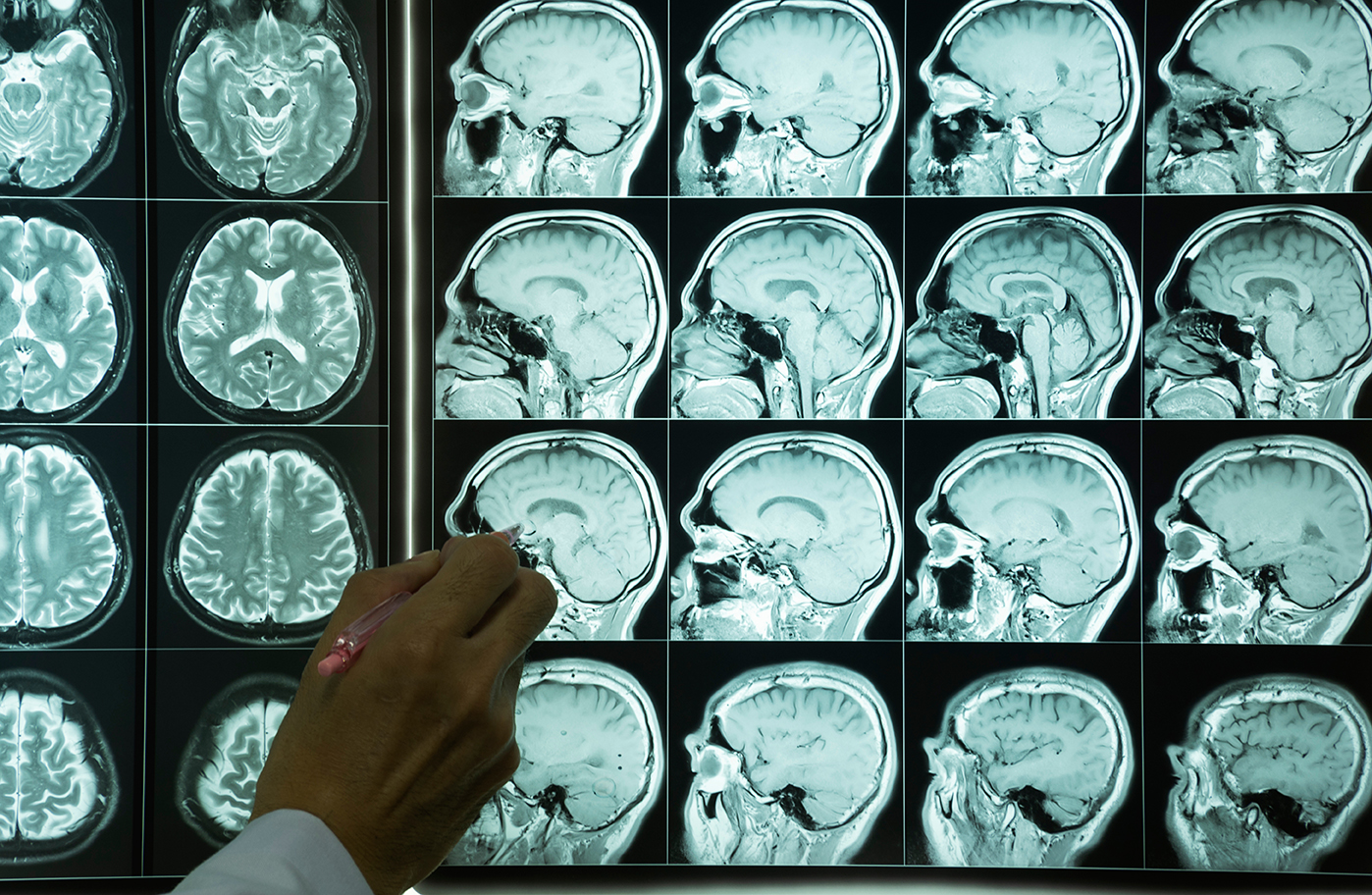The combination of losing a seemingly healthy sibling to a brain tumour, a milestone birthday and 30+ years of a highly stressful career were the catalysts for me in signing up for the Echelon Platinum Health Assessment.

The facts about radiation
At Echelon Health, we are absolutely convinced of the benefits of health assessments and their ability to enable early detection of life threatening diseases at a point where something can be done to fix the problem. It’s not possible in every case – we would never claim it was – but in many, many cases we can catch things at a point where decisions with regards to treatment can be made that lead to really positive outcomes.
Equally, we accept that there are some theoretical risks associated with scans involving radiation. We are completely open with all our clients about that and will always explain those risks as well as the benefits during the process. You can have the peace of mind that no-one can undergo one of our Health Assessments unless one of our Physicians approves it having reviewed your medical history.
Having said that, we do believe that radiation in a medical context, especially given the low doses from the scanners we use, is often misunderstood so we have explained a little of the background below.
Radiation - how safe are CT scans?
We are exposed to radiation from natural sources all the time. The average person in the UK receives an effective dose of about 2.5 mSv (milliSievert) per year from naturally occurring radioactive materials and cosmic radiation from outer space. These natural ‘background’ doses vary throughout the country. For instance, people living in Cornwall receive more than 10mSv per year (approximately 200 chest X-ray equivalents), largely because of radioactive radon contained within granite. These levels are high enough for the natural topsoil and rock to meet the criteria for low level nuclear waste.
However, although the radiation dose from our CT coronary angiogram is equivalent to spending just a few weeks in Cornwall, there is no recorded increased incidence of cancer amongst people living there who are exposed cumulatively to vastly higher doses over their lifetimes than we expose our clients to during even a full Echelon Health Platinum suite of scans.
The cancer risks associated with CT scanning or any other radiation exposure are entirely theoretical and derived from Hiroshima; it remains the case that no one knows what is a ‘safe’ limit. All we know is that massive exposure does increase the risk but be reassured; at Echelon Health we use only very low doses of radiation.
In fact, there is a valid alternative school of thought which suggests that low doses could actually be good for you in that it weeds out vulnerable and fragile cells which might otherwise become ‘mutant’ and form a cancer.
This is especially important because the common diseases which can ONLY be detected by CT scanning (as opposed to MRI) are:
- coronary heart disease
- lung cancer
- colon cancer
These account for the majority of causes of early death.
Take just one example: Colon Cancer. Almost all colon cancers develop over a period of 10 – 15 years from tiny polyps which gradually increase in size and eventually turn into a cancer. As with all cancers, waiting until the cancer causes symptoms such as weight loss, bleeding, or obstruction to the colon means that it is likely to have already spread and cure is almost impossible – inevitably, we usually end up talking about palliation and relieving symptoms.
However, this long process of conversion means that almost all colon cancers are preventable by undergoing an effective means of screening (a CT virtual colonoscopy) for the polyps and if one is found, then removing it.
Another example is that of lung cancer. MRI cannot reliably detect lung abnormalities and a chest x-ray can only detect lung cancers of approximately 1 cm in size, by which time they have usually spread and the 10 year survival is around 5%. Low dose CT scanning is proven to be the most effective and sensitive means of detecting small lung cancers at a stage when curative surgery is possible and indeed the NHS now performs CT scanning for lung cancer in high risk patients.
So we believe it is reasonable to generally conclude that the benefits for you as an individual will, overall, far outweigh any theoretical risks. But that’s not good enough for us as it’s still too general an approach. Instead, we follow strict guidelines as to who we screen and we leave nothing to chance. Everyone who comes to Echelon Health completes a detailed personal Medical Questionnaire which is reviewed by an experienced physician. This enables us to clarify any specific health issues and guide you to the optimum assessment for you. In some cases, we may even have to say no. But you can be assured that is only because our focus is and always will be the safety and well being of our clients.